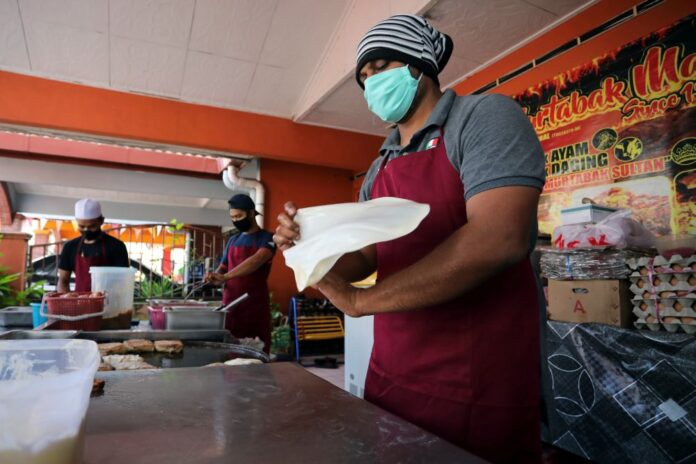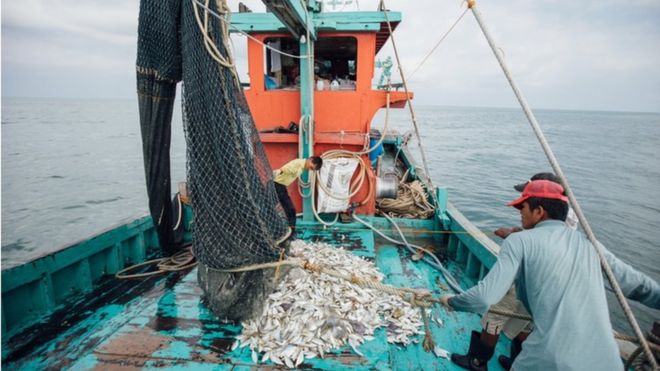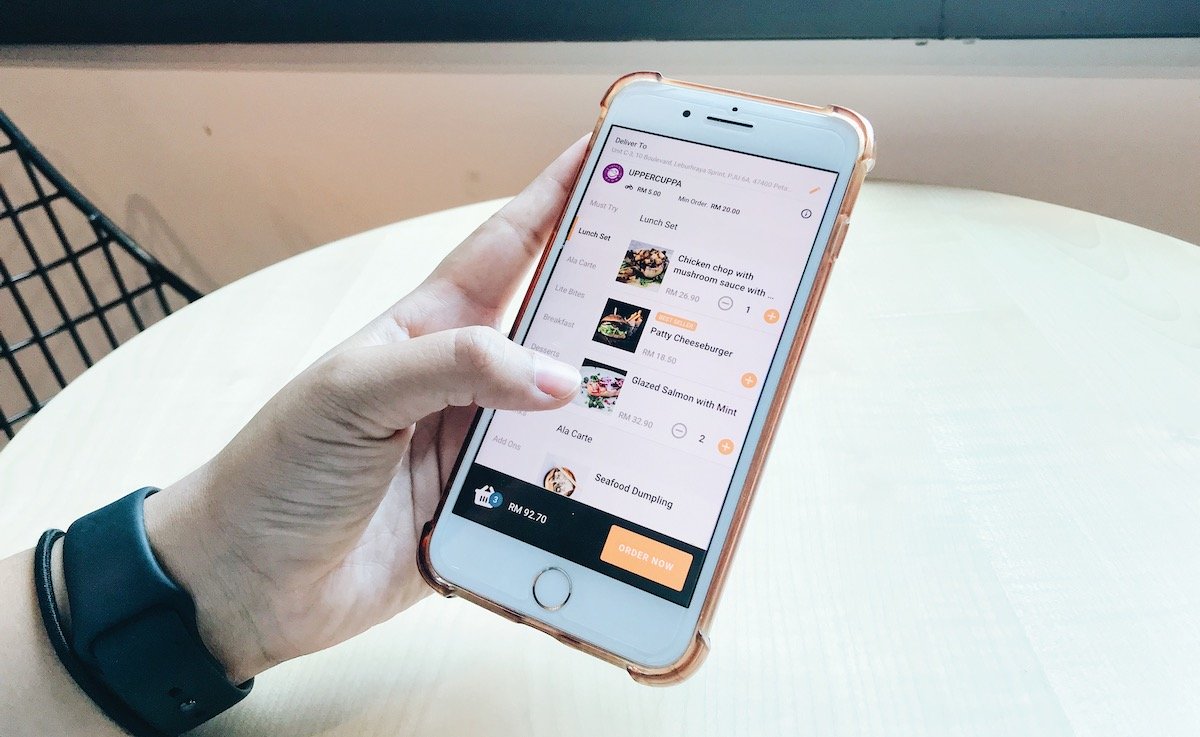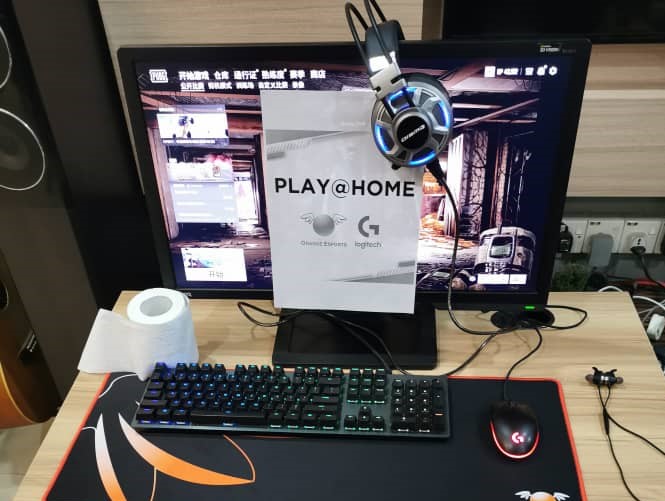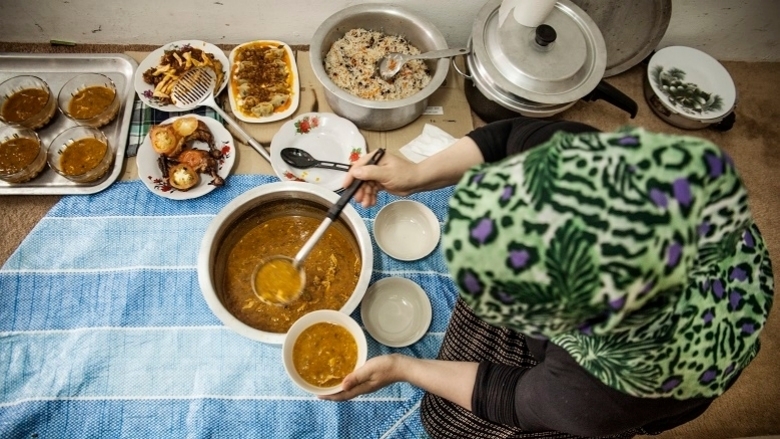Malaysian Businesses Are Helping Small Homegrown Vendors To Adapt & Grow Despite COVID-19
Many smaller businesses have been able to thrive thanks to "Shared Prosperity."
From sundry shops and small vendors, to big F&B outlets and fashion brands, almost every business has been affected by COVID-19
In the last few months, Malaysian owners have had to think of new ways to keep their business going. While many shops and restaurants have started to reopen following the Conditional Movement Control Order (CMCO), most people are still learning to cope with the new normal.
Nevertheless, Malaysians have shown that we're all in this together, with many local brands stepping up to help each other adapt and grow during these tough times
If there's one beautiful thing that has come out of this global pandemic, it's seeing Malaysians come together and assist each other through "Shared Prosperity." In fact, many smaller businesses and individual vendors have been able to thrive thanks to the support and initiatives of local brands.
1. Popular shopping platforms and sites helped small local vendors sell their goods online
When MCO first began, news of Cameron Highlands farmers unable to distribute their vegetables, fruits, and flowers made headlines across the country. Stepping up for the cause, brands like Lazada, E-Petani Malaysia, and Maybank provided their platforms to connect farmers with buyers online.
FashionValet also launched FVBazaar that allowed small vendors to list their Raya cookies, homemade dishes, and other food items on the fashion site.
MyFishman, a fresh seafood subscription and delivery service, has been steadily supplying households in Malaysia with seafood, providing a lifeline for local fishermen who've had trouble selling their catch, especially early during the MCO.
2. Tech companies extended their help to the public by making technology more accessible
Within 48 hours of the MCO, technology platform Storehub launched Beep Delivery, an online ordering platform that makes it easy for restaurants to take orders, accept payments, and find drivers. With a low 2% charge per transaction, this helped many F&B outlets to start doing food delivery during the MCO.
Online consultation platform DoctorOnCall set up a COVID-19 portal with the latest information, as well as a dedicated virtual consultation channel for concerned individuals to speak to medical specialists.
Thanks to these companies and their "Shared Prosperity," more Malaysians have been able to continue making a living and enjoy peace of mind.
3. Besides that, local brands have been innovating and coming up with new ideas to meet the needs of customers
Since people weren't allowed to visit their premises at the start of the MCO, Orange Esports Cafe launched an initiative to rent and deliver their high performance gaming rigs.
F&B outlets like myBurgerLab, Tealive, and La Juceria rolled out their own DIY food kits that allowed customers to prepare their favourite dishes and drinks at home.
4. Social enterprises have also amped up efforts to help the underprivileged and those affected by the pandemic
PichaEats has a team of 12 refugee chefs who cook for business events and parties, but with such functions cancelled, they've changed from catering to delivering food to private homes. Through their annual fundraiser campaign, PichaEats has also delivered more than 20,000 meals to frontliners and those affected by COVID-19.
Biji-Biji Initiative is also one of many organisations that have equipped frontliners with PPE scrub sets. Through The Social Textiles movement, Biji-Biji Initiative worked together with other social enterprises like Tanoti and tailors around Malaysia to make scrubs and coordinate orders from hospitals.
All in all, businesses around Malaysia have gone the extra mile to help each other out, displaying the true spirit of "Shared Prosperity"
"Shared Prosperity" is a value championed by Malaysia as the host of the Asia-Pacific Economic Cooperation (APEC) 2020. The goal is to make Malaysia a nation that achieves sustainable growth along with fair and equitable distribution across income groups, ethnicities, regions, and supply chains.
Ultimately, we're all in this together. That's why it's so important for local businesses to be continue looking out for each other, because we can only prosper when those around us are doing well.
In an effort to mitigate the economic impacts of COVID-19, Malaysia has been spearheading discussions with other APEC countries
The Asia-Pacific Economic Cooperation (APEC) is a regional economic forum involving 21 economies, with the goal of creating greater prosperity for the region. This year, as the host economy, Malaysia has been advocating for "Shared Prosperity" among all participating economies, and is set to host 120 meetings involving 16,000 delegates around the world.
Recently, Malaysia just hosted the first ever APEC Virtual Extraordinary Senior Officials’ Meeting (VESOM) on COVID-19, bringing together representatives from eight different time zones into one virtual platform.
One of the key matters discussed was how "Shared Prosperity" can help ensure that economies vulnerable to the impact of COVID-19 can be protected through collaborative economic means.
Want to find out more about APEC 2020 and initiatives proposed by Malaysia? Head over to their website today!
